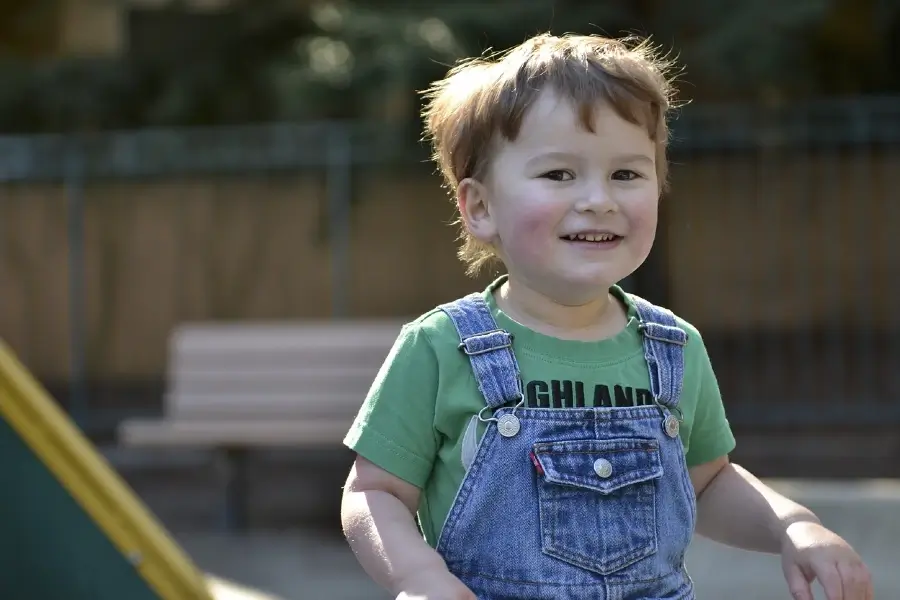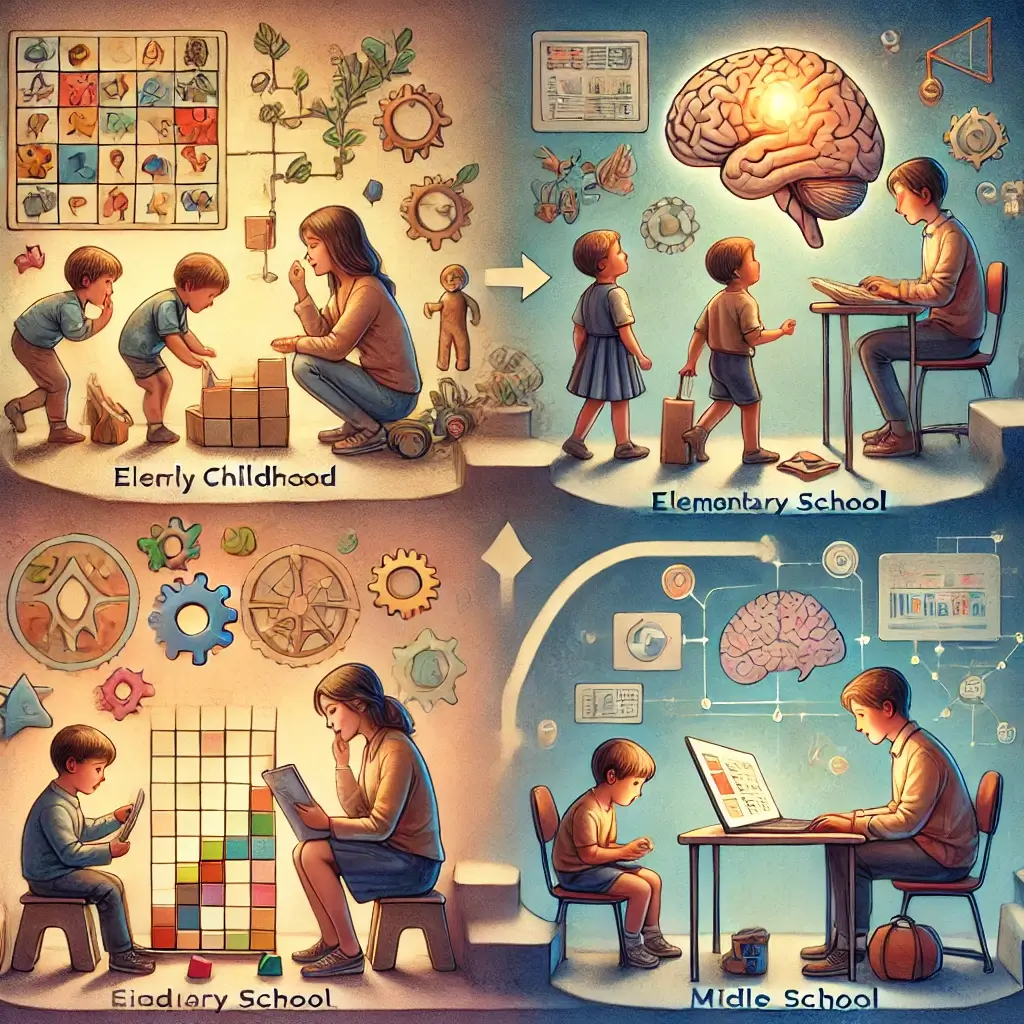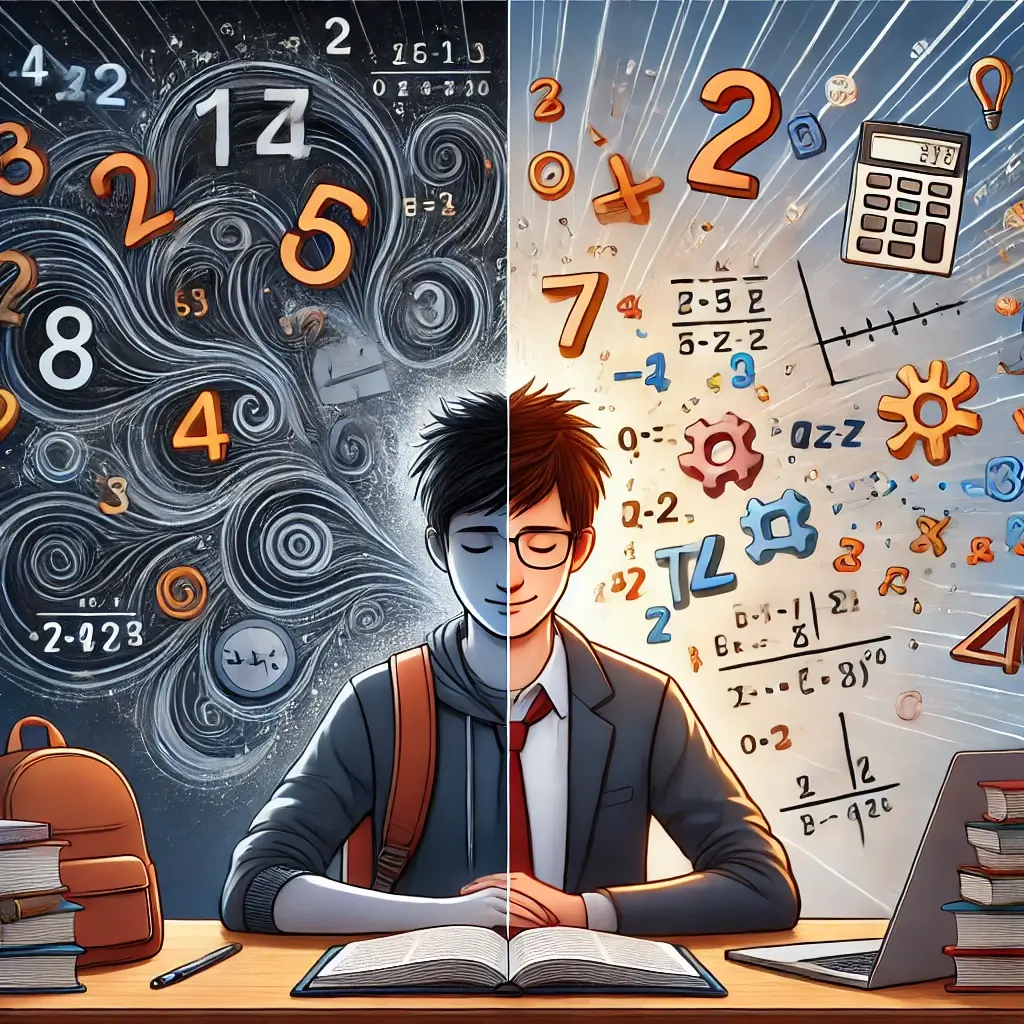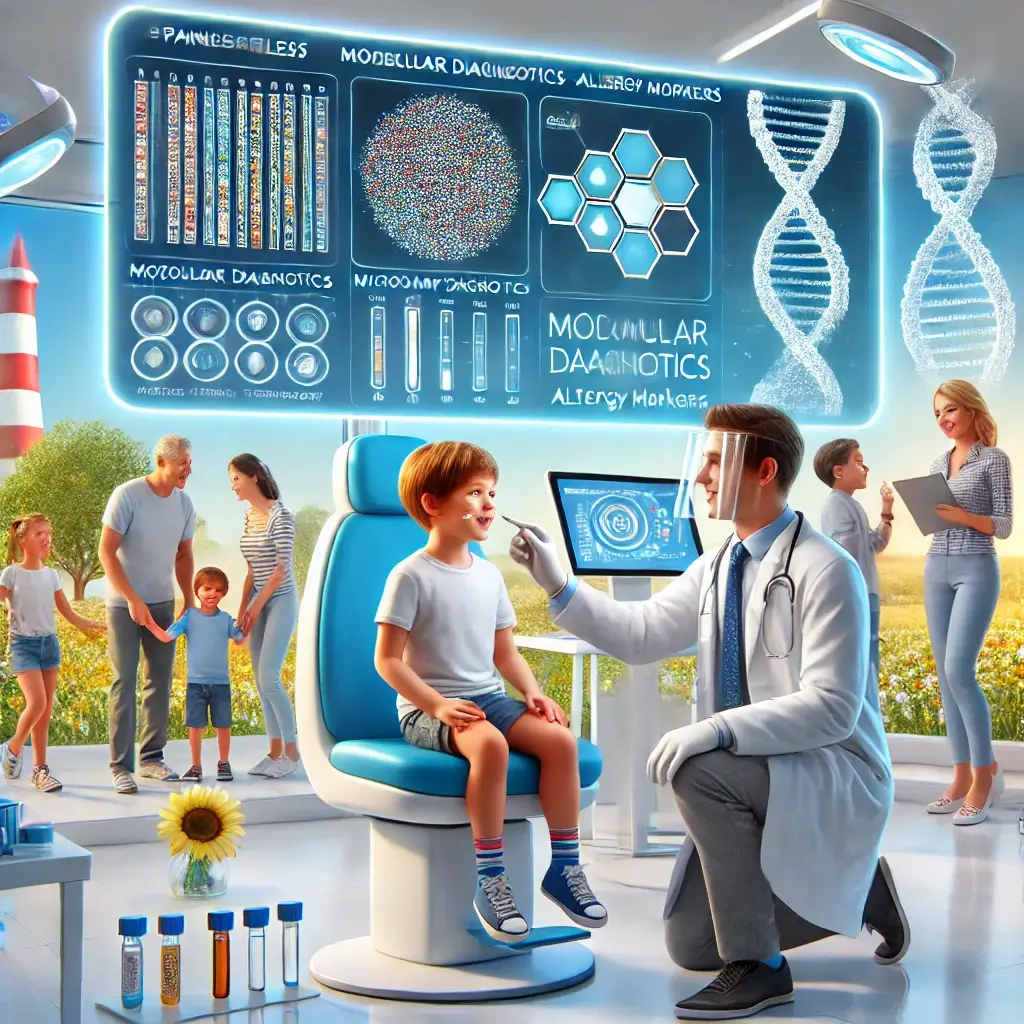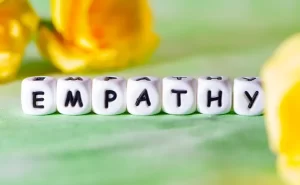Autism Spectrum Disorder in Children
Autism Spectrum Disorder (ASD) is a developmental disease that affects how people perceive and interact with their surroundings.
A combination of difficulties with social communication, social engagement, and repetitive habits or limited interests distinguishes it. Here’s a more detailed look at ASD in children:
Signs and Symptoms:
Social Communication and Interaction:
- Difficulty in socializing and making friends.
- Challenges with nonverbal communication (eye contact, facial emotions).
- Problems understanding and responding to social cues.
- Difficulty taking rounds and sharing.
Repetitive behavior or restricted interests:
- Repetitive motions (hand flapping, rocking).
- Intensive emphasis on specific topics or activities.
- Difficulty with changing routines or schedules.
- Limited interest or fixations.
Severity Spectrum:
ASD exists on a spectrum, meaning the intensity and specific issues differ widely from child to child. Some children with ASD may face considerable difficulty in all areas, while others may struggle more in specific areas.
Early Signs:
Early detection and intervention are critical in helping children with ASD. Here are some possible early indicators to watch for:
- Does not babble or point at 12 months.
- Does not use a single word by 16 months.
- Does not employ two-word phrases by age two.
- Loses previously acquired linguistic and social abilities.
- Avoids eye contact.
- Appears to like playing alone.
- Has difficulties expressing needs and wants.
There is no single medical test for autism.
Diagnosis:
There is no single medical test for autism. A team of doctors, comprising a pediatrician, developmental pediatrician, and psychologist, is usually responsible for diagnosing. They will assess the child’s behavior, developmental level, and communication abilities.
Treatment:
There is no cure for ASD. However, there are effective treatments available to assist in controlling symptoms and enhance a child’s quality of life. This therapy could include:
Applied Behavior Analysis (ABA): This therapy uses positive reinforcement to teach new skills and behaviors.
Speech therapy can help youngsters develop their verbal and nonverbal communication abilities.
Occupational therapy can assist children in learning everyday living skills, including dressing and eating.
Social skills training is a vital part of child development. It aims to give children the tools to relate meaningfully and constructively with their family members and the larger community.
This program assists children in developing basic interpersonal skills such as effective communication, empathy, conflict resolution, and social issue-solving through structured exercises and supervised practice.
Children who participate in social skills training learn to express their thoughts, feelings and needs to others respectfully. They also learn to recognize and respond appropriately to social cues, which fosters deeper relationships and reduces the chance of social isolation or peer rejection.
By engaging in this crucial part of child development, parents, schools, and communities may help children grow.
This instruction also helps children gain self-confidence, manage their emotions, and negotiate complex social situations more easily.
Furthermore, social skills training can have a long-term impact, preparing children for academic and professional achievement while creating healthy and happy personal interactions.
By engaging in this crucial part of child development, parents, schools, and communities may help children grow into well-adjusted, socially competent persons capable of constructively contributing to their surroundings.
Additional considerations:
Early intervention begins as soon as concerns occur and can greatly improve a child’s development and long-term consequences.
Spectrum of requirements: Each child with ASD is unique, and their requirements will differ. Treatment programs should be tailored to the child’s strengths and limitations.
Families with autistic children can benefit from support groups, educational resources, and access to therapies and services.
Resources:
Centers for Disease Control and Prevention: https://www.cdc.gov/autism/index.html
Autism Speaks: https://www.autismspeaks.org
Remember:
A diagnosis of ASD does not determine a child’s potential. Children with ASD can thrive and live full lives if they receive adequate care and intervention.
If you have any worries about your child’s development, speak with your pediatrician immediately. Early detection and intervention are critical for optimizing your child’s potential.
